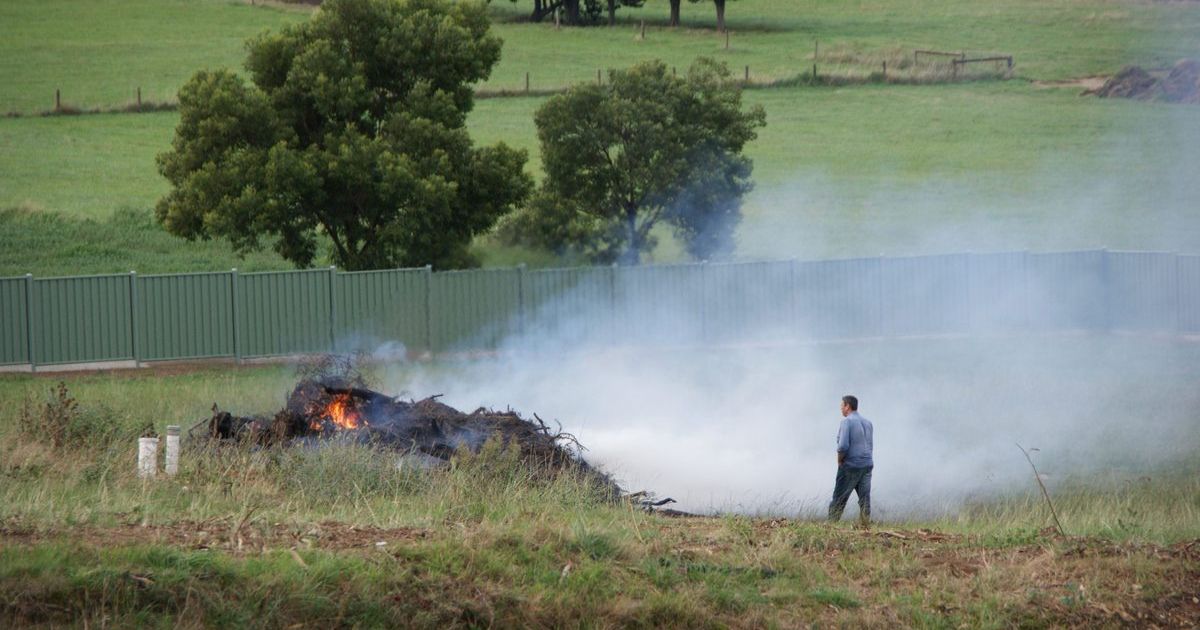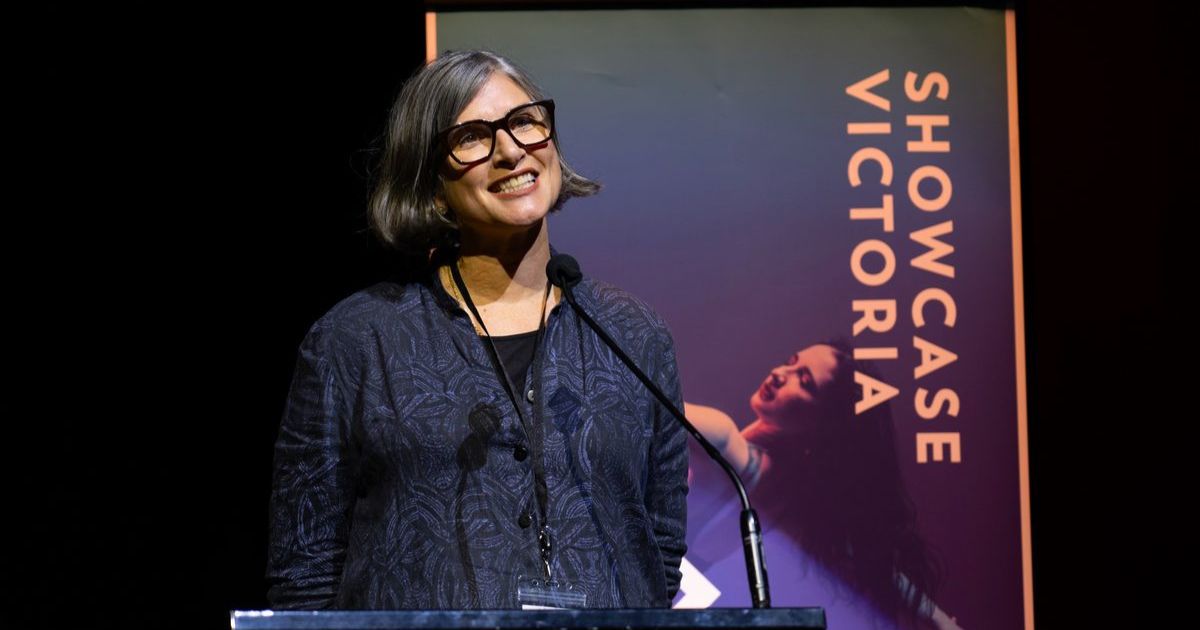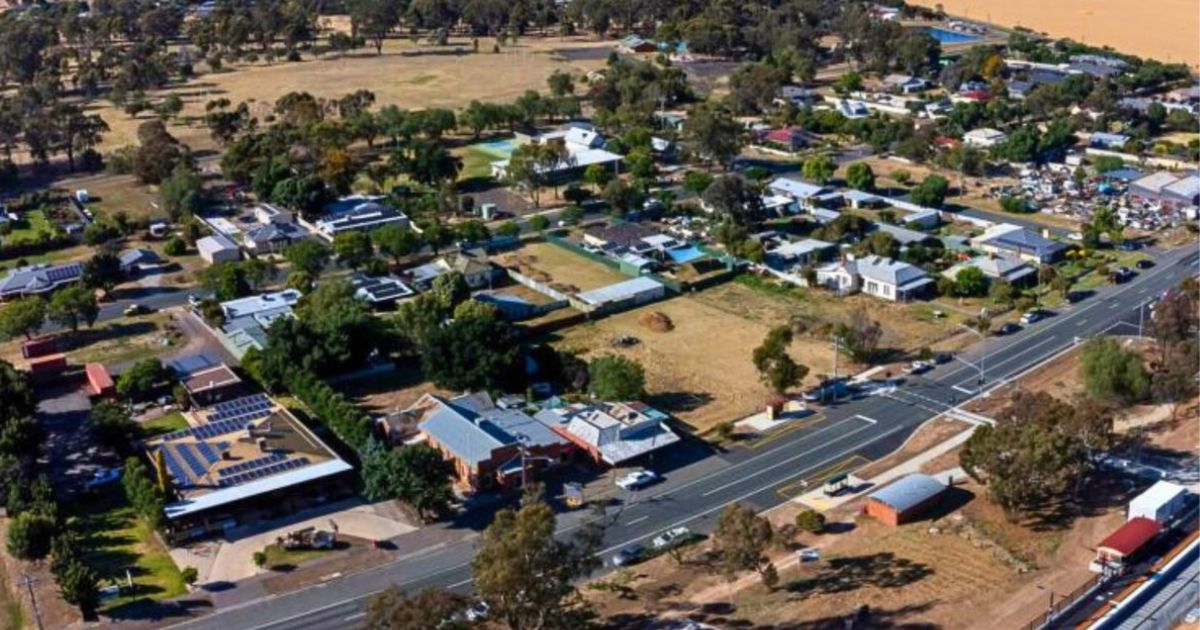Sorry Day marks need for change

Reconciliation: Dr Mishel McMahon spoke at a National Sorry Day ceremony a La Trobe University last Thursday. Photo: JONATHON MAGRATH
AT a National Sorry Day ceremony last Thursday, Aboriginal leaders and community members stood together to acknowledge the trauma which begun with the Stolen Generations.
During a sunset ceremony held at La Trobe University’s Bendigo campus, people gathered to remember the pain endured by Aboriginal and Torres Strait Islander communities.
Yorta Yorta woman and Aboriginal rural health coordinator at La Trobe, Dr Mishel McMahon, said it was important for people to come together.
“A lot of people came together after the last two years where we haven’t attended many events and ceremonies,” she said.
“It was very special because we got to see each other again. It’s kind of like the aftermath, we’re all still standing and here at Sorry Day together.”
Dr McMahon said First Nations children are still over-represented in child protection services, and the trauma since the Stolen Generations is not over.
“We’re still in the crisis mode,” she said. “Some Aboriginal people would say there’s more Aboriginal and Torres Strait Islander people being removed now than during the Stolen Generations.
“That’s why Sorry Day is such a heavy ceremony, because we’re in the thick of it still. Right now, it’s eight or nine times more likely for an Aboriginal or Torres Strait Islander child to be removed than a non-Aboriginal child.”
To work towards reconciliation, Dr McMahon said more understanding is needed of First Nations family structures.
“The same mindset that informed the Stolen Generations is still part of the context for child protection,” she said.
“Western European, imported ways of knowing family and structures, development and kinship, still is the main perspective that informs child protection, intake and assessment.
“As we stood together on Sorry Day, we need to stand together in the area of child protection.”
This week is National Reconciliation Week and for Dr McMahon, reconciliation is something that should be led by non-Aboriginal people.
“I don’t think the process of reconciliation is Aboriginal people taking the lead and doing the work, we need to see non-Aboriginal people making the effort and driving the process,” she said.
Dr McMahon said Bendigo organisations exhibiting Reconciliation Action Plans and the work done by groups such as Reconciliation Bendigo is an encouraging sign.
“I’ve always felt as an Aboriginal person, because of that high level of activity, Reconciliation Week does have meaning,” she said
“I would say we’re forward moving in that area, and it’s been lovely to have such strong non-Aboriginal people take the lead.”


















